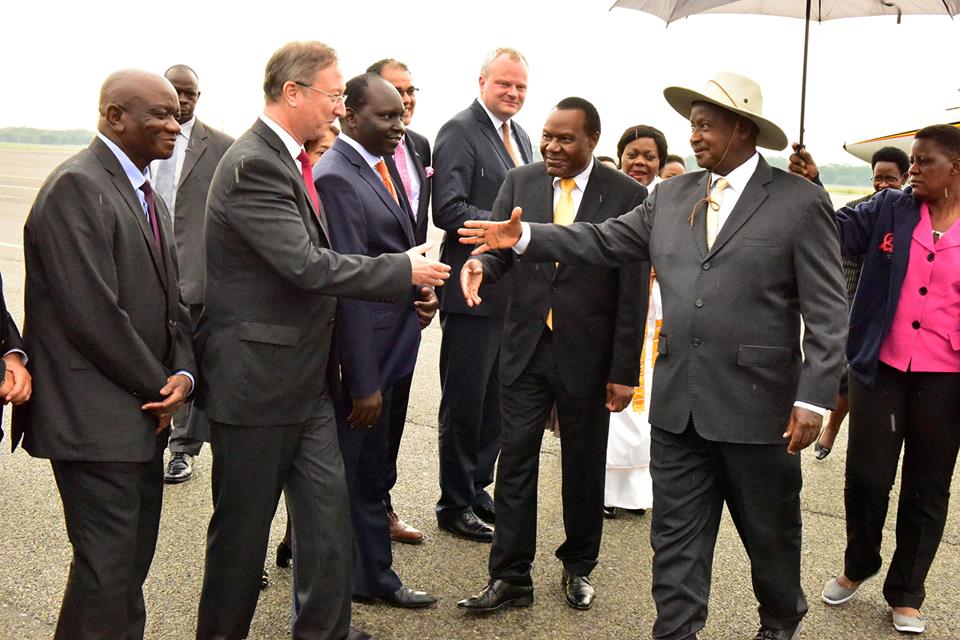Uganda Loses Sh 3Trillion In Incentives To Investors

The 2013 Index of Economic Freedom ranked Uganda, the 8th freest economy out of the 46 Sub-Saharan Africa countries, making it a more attractive zone for investors. However, it seems the increased enticement to investors is coming back to haunt Ugandans.
The Government of Uganda has been warned against increased issuance of tax holidays and incentives to investors which has cost Ugandans up to Sh 3 Trillion, an equivalent of 1-2 percent GDP annually.
In a paper titled Tax Policy and Investment in Uganda, Prof Nada O Eissa from George Town University in Washington DC, USA advised the government to abandon the policy arguing that investors can carry out investments with or without incentives.
Uganda’s business operating environment allows the full repatriation of profits by investors after the mandatory taxes have been paid, as well as 100% foreign ownership of private investments.
The incentive regime in the country is accessible to both domestic and foreign investment depending on the sector and level of investment.
Dr Matthieu Teachout from the International Growth Centre (ICG) added that the government should work on ways to improve the business environment instead of providing tax holidays.
“With one of the fastest-growing populations in the world, Uganda needs to grow much faster than the current rates if the Vision 2040 aspiration of transforming from a peasant to a modern and a prosperous country in 30 years is to be achieved,” he said.
He further warned that global economic uncertainties mainly those surrounding Brexit is likely to affect the country’s growth prospects in the coming years.
“There are several channels through which such tensions at the global level could affect Uganda, including through lower exports, remittances and tourism receipts,” he said.
Featured image courtesy: Eagle.co.ug